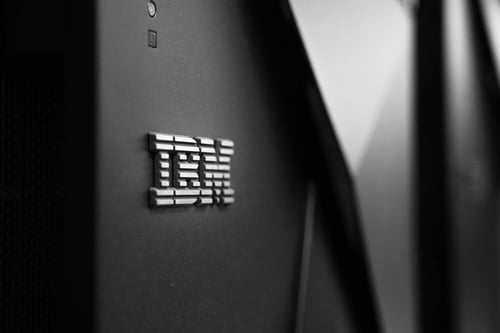Germany is at the center of the newest spin on quantum computing deals.
The German government, on behalf of Fraunhofer Gesellschaft, has signed a two-year, €650 million ($717 million) quantum computing deal with IBM. The deal comes as part of Germany’s larger effort to push the scope and prowess of its tech industries, aiming to translate Europe’s largest economy into a technological powerhouse on par with the United States and China.
With the deal, Fraunhofer Gesellschaft—the Fraunhofer Society, an applied research institute consisting of 72 locations throughout Germany—will be receiving a major research upgrade. Per an official statement, “an IBM Q System One, owned and operated by IBM, will be located in an IBM facility in Germany. It will be the first installation of its kind in Europe.” This 20-qubit quantum computer will take center stage in Fraunhofer’s coming research efforts.
In a press release, Reimund Neugebauer, tenth and current president of Fraunhofer Gesellschaft, stated his belief that the quantum computing partnership with IBM is a “landmark quantum computing initiative and a crucial step forward for German research institutions as well as businesses of all sizes in our country.”
Let’s get to the grit. How does quantum computing work? Or rather, why is it so important?
Standard computers store and processes data in terms of binary digits (bits)—zeros or ones. These bits, at a base level, represent a very simple “this or that.” A bit will hold exactly one of two possible values, either “this” or “that.”
Quantum computing takes this to a whole different level. Physics time. (Note: I’m sorry in advance.)

The above properties add up to incredibly efficient and capable computing, which will directly change the way in which we process huge data sets and study our entire world. Quantum computers give us the direct ability to store and examine more, faster than we ever could previously.
Expect great things from Germany in the coming years. There's a whole new well of potential to tap.


 by Zack Busch
by Zack Busch
 by Zack Busch
by Zack Busch